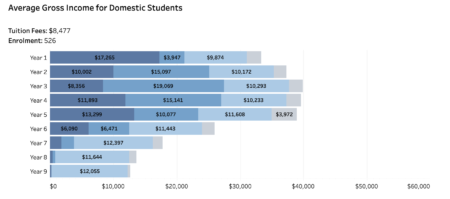Having just helped my second flatmate move out, I am living alone for the first time in many years.
Before the sequence of flatmates here in the Annex, I lived at Massey College or with family in Toronto, or for a while in an apartment above a streetcar stop at College and Dovercourt with what would be the first of many flatmates who were also graduate students at U of T.
I had two places on my own in Ottawa while working as a civil servant: one on Booth Street within sight of the Environment Canada headquarters tower which I learned of based on a “to rent” sign in the window and where I signed a lease within minutes of seeing the place, having been pipped on a couple of other OK places by being the second or third to see it in the last few days or weeks. The other was the eco- co-op Beaver Barracks, which appealed to me largely based on their geoexchange heating and cooling system, which seemed a particularly sensible choice to me based on Ottawa’s severe climate in summer and winter.
Barring some time in Vancouver, I pretty much went straight from Oxford to Ottawa at the end of my M.Phil in 2007. In Oxford, my second year had been spent living with two fellow M.Phil in IR students who were encouraging and lively companions and who remain friends today, though infrequently-seen ones. Before that, I lived among probably a couple of hundred at Wadham College, where my graduate student room had a glass wall which faced inward into a two-story courtyard with everybody else’s small rooms facing in, the glass notably acoustically permissive.
Before that, it was alternating between my parents’ home in North Vancouver and two UBC residences: mostly Totem Park in my first and second year, and Fairview later. Fairview Crescent was a great concept for a residence, with multi-person units arranged along a pedestrian-only central street with a café. Late in my time as an undergraduate, I remember we would hold debate society executive meetings there, having grown up a bit out of beer and nachos at one of the places in the student union building.
It need not be a bad thing to be alone. I am grateful for the many forms of electronic communication I undertake with friends and family around the world, and it makes an enormous difference compared to being cut off from communication as well as direct personal contact.
I am giving every part of the place a deep and thorough cleaning. If nobody else is around and the place is dirty, there’s nobody else left to blame!


